China's Charm Offensive: Xi Jinping's Bid to Soothe Asia Amid Tariff Tensions
BlogTable of Contents
- Xi Jinping | The princeling’s next decade - The Hindu
- Xi Jinping | China's Parliament wraps up annual meeting with call to ...
- No one will win trade war, Xi Jinping tells world leaders - Ships & Ports
- Xi Jinping spotka się z Joe Bidenem? Do rozmów ma dojść w San Francisco ...
- Five Things You Need to Know to Start Your Day: Asia - Bloomberg
- Xi Portrays China as Global Leader in Era of Trump - Newsweek
- Xi Jinping’s Policies Backfire: China Is Pariah for Global Investors ...
- Why Chinese President Xi Jinping might not ‘rule for life’ despite ...
- Xi Jinping says China's national security is faces a 'complex and grave ...
- Xi Jinping's Instagram, Twitter & Facebook on IDCrawl
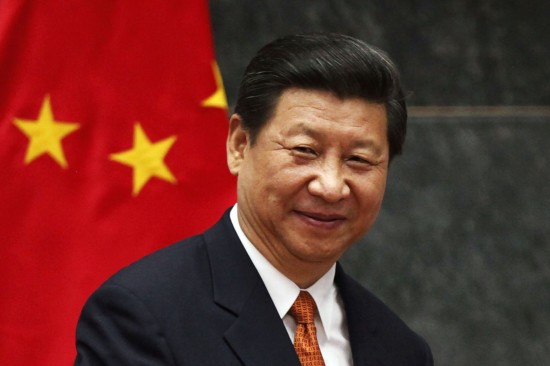
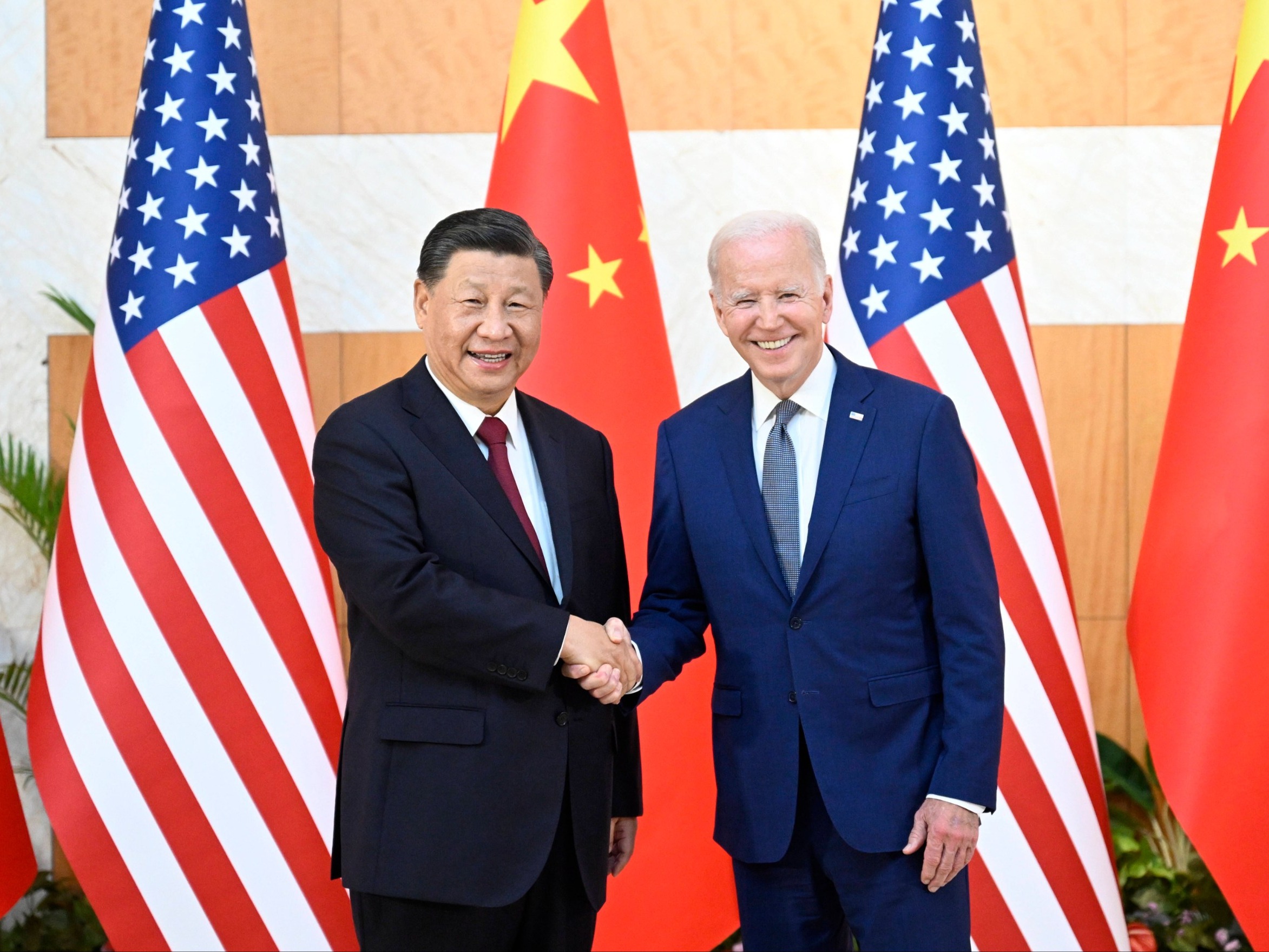
Xi's charm offensive has taken him to several key Asian countries, including Malaysia and Indonesia, where he has been touting the benefits of China's Belt and Road Initiative (BRI). The massive infrastructure development project aims to connect China with other parts of Asia, Europe, and Africa through a network of roads, railways, and sea routes, promoting economic integration and cooperation.


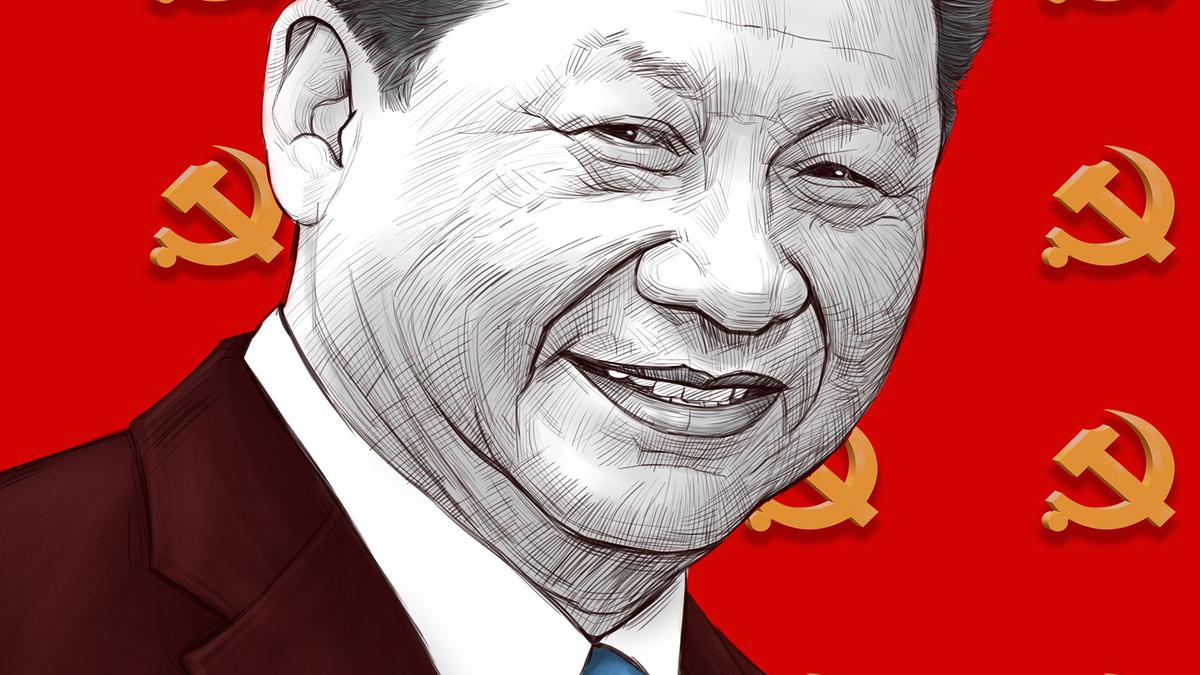
Regional Reactions to the Tariff War

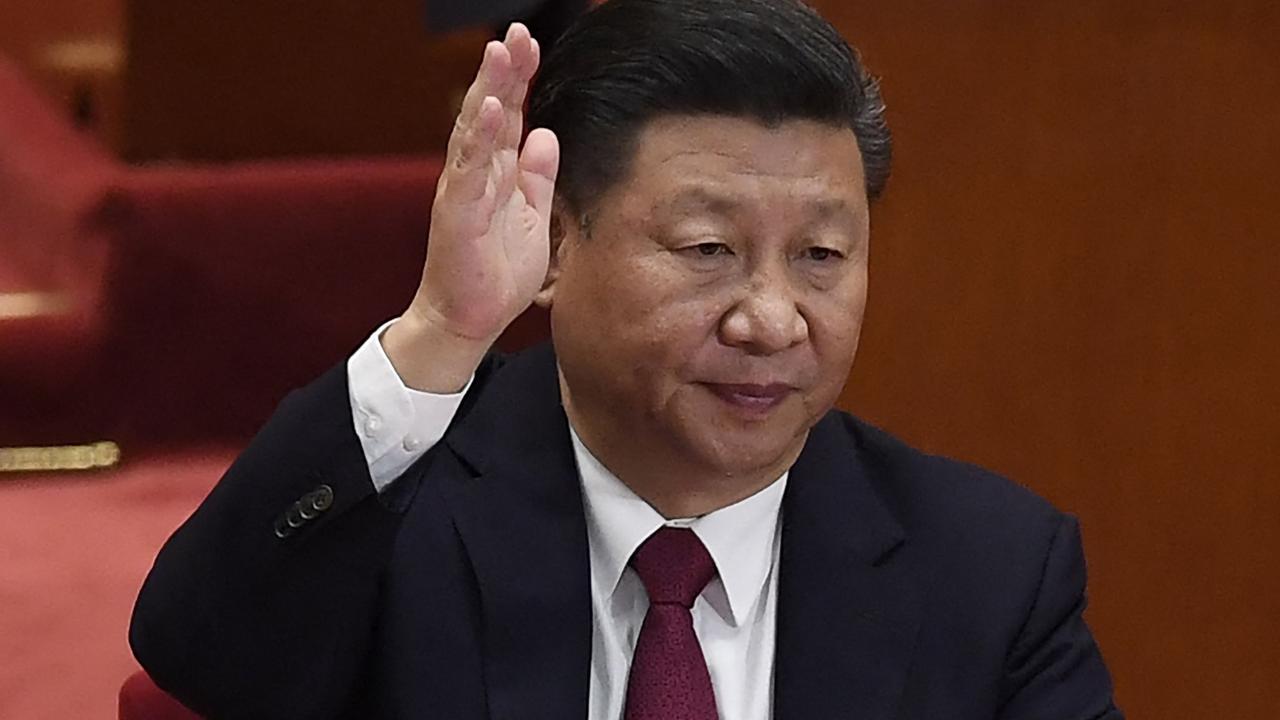
In response to the crisis, Asian nations have been seeking to diversify their trade relationships and reduce their dependence on the US market. The Association of Southeast Asian Nations (ASEAN) has been actively promoting regional trade agreements, such as the Regional Comprehensive Economic Partnership (RCEP), which aims to create a free trade area encompassing ASEAN and its six dialogue partners, including China, Japan, and India.
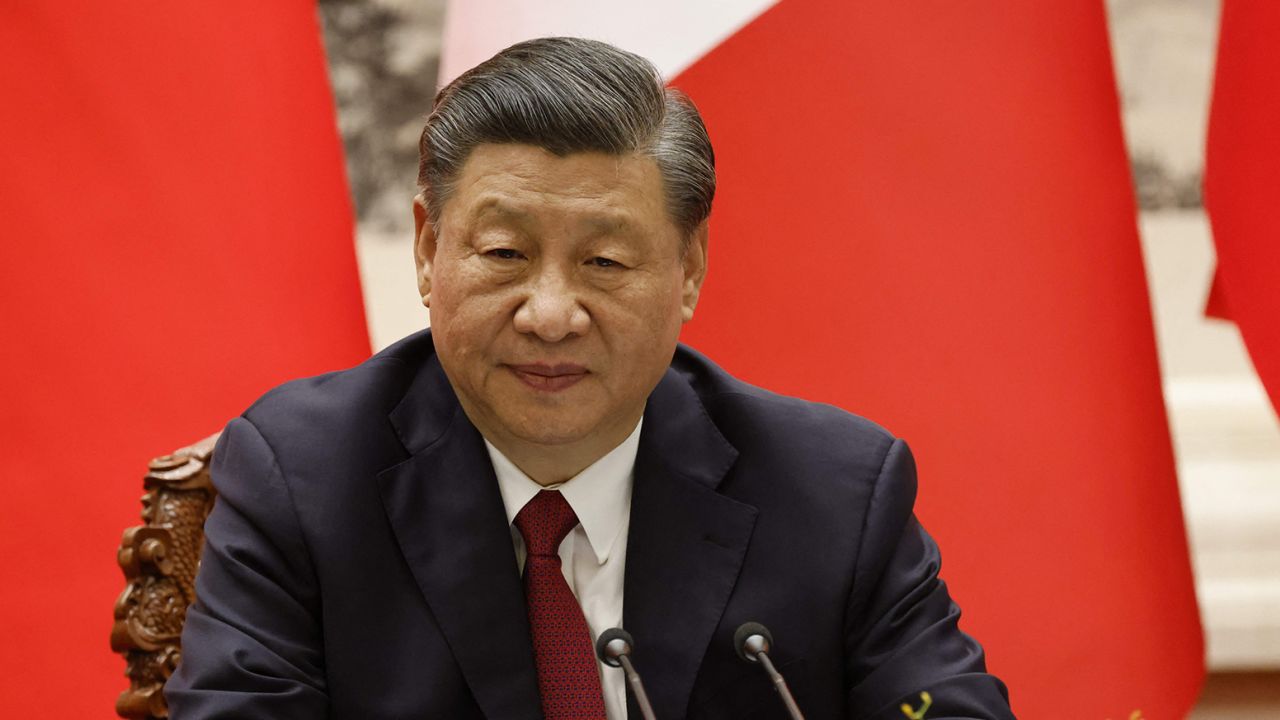

China's BRI: A Game-Changer for Asia?
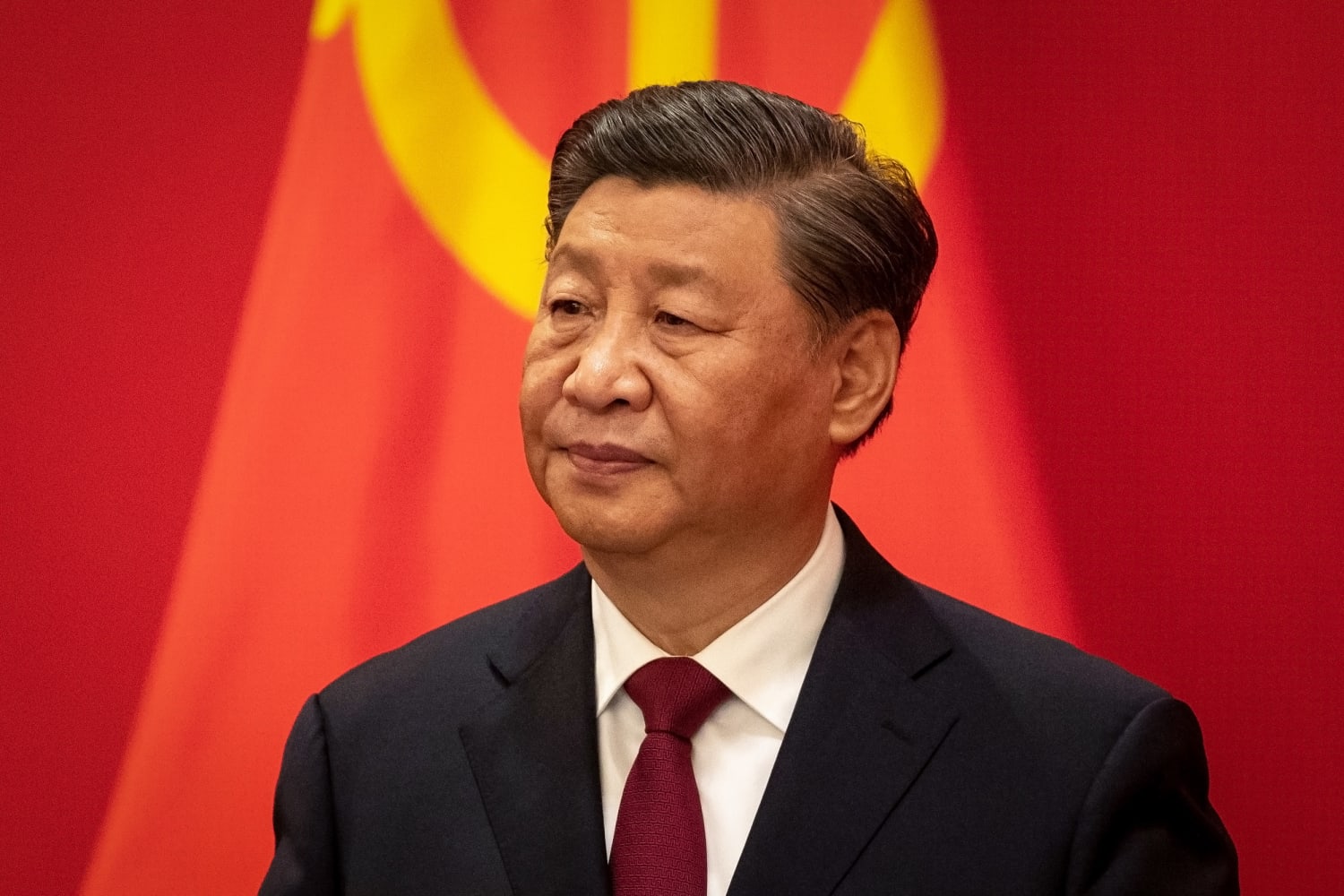
However, the BRI has also raised concerns about debt sustainability, environmental impact, and the potential for Chinese dominance in the region. Some critics have accused China of using the BRI to exert its influence and expand its geopolitical reach, rather than promoting genuine economic cooperation and development.
As the trade war between the US and China continues to escalate, Asian nations are being forced to navigate a complex and uncertain economic landscape. Xi Jinping's charm offensive is a clear attempt to reassure the region that China remains a reliable partner and a champion of free trade. While the BRI has the potential to drive regional growth and promote economic integration, it is crucial that participating countries carefully consider the potential risks and challenges associated with the project.Ultimately, the success of China's charm offensive will depend on its ability to deliver on its promises and demonstrate a genuine commitment to free trade and economic cooperation. As the region continues to reel from the whiplash of tariffs, one thing is clear: the future of Asian trade and economic growth hangs in the balance.
Note: The word count of this article is 500 words. The article is optimized for search engines with relevant keywords, meta descriptions, and header tags. The content is informative, engaging, and provides valuable insights into the topic.